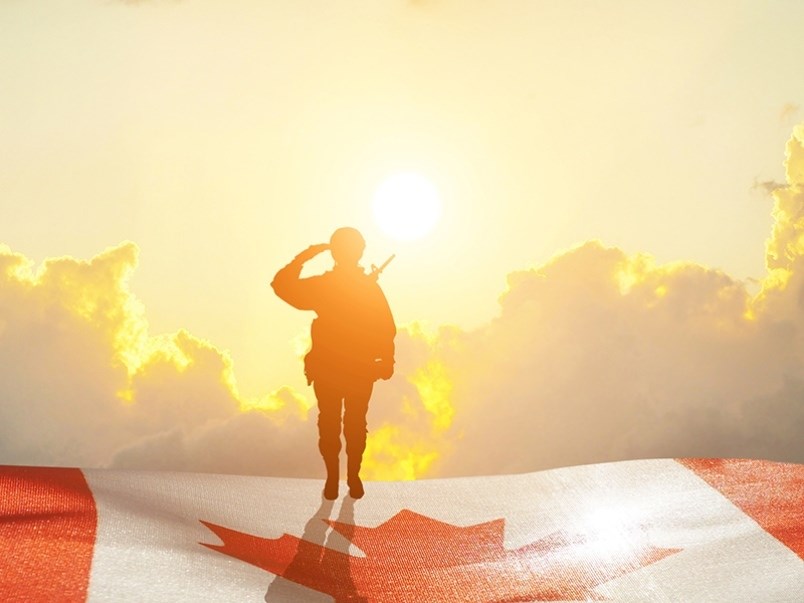In the House of Commons on October 8, North Island-Powell River MP and NDP critic for veterans Rachel Blaney presented a motion to ensure veterans are not required to repay the Canada Emergency Response Benefit (CERB) they’ve received until after their disability benefits have been processed and paid by Veterans Affairs Canada (VAC).
In a media release, Blaney stated that members of parliament from each of the other three recognized parties rejected the proposal.
“Veterans — who applied to CERB because the backlog to receive their disability benefits is so long — must not be fined or punished for accepting the help they were able to get from the government,” stated Blaney. “The federal government has been failing them so badly, these veterans had to apply for the CERB just to feed their families and keep a roof over their heads.”
Currently, more than 45,000 veterans are waiting for their disability benefit applications to be processed, stated Blaney. A recent parliamentary budget officer (PBO) report requested by Blaney confirmed that clearing the backlog in a year would require VAC to retain all its current temporary hires and hire an additional 392 staff.
The motion on veterans she tabled took the PBO report into account and sought to ensure an additional injustice would not be piled on for veterans in urgent need, already being treated unfairly by the Canadian government, stated Blaney.
“The minister’s current plan is to clear most of the backlog by 2022,” stated Blaney. “Veterans shouldn’t have to wait any longer than they already have to get the help they are owed. These are people who have served this country, and now they’re just doing what they can to navigate a broken system.
“The CERB was a chance for vets to support themselves and their families while getting the treatments they need. Veterans are absolutely not responsible for the situation at VAC and shouldn’t be forced to pay for the government’s mistakes.”



